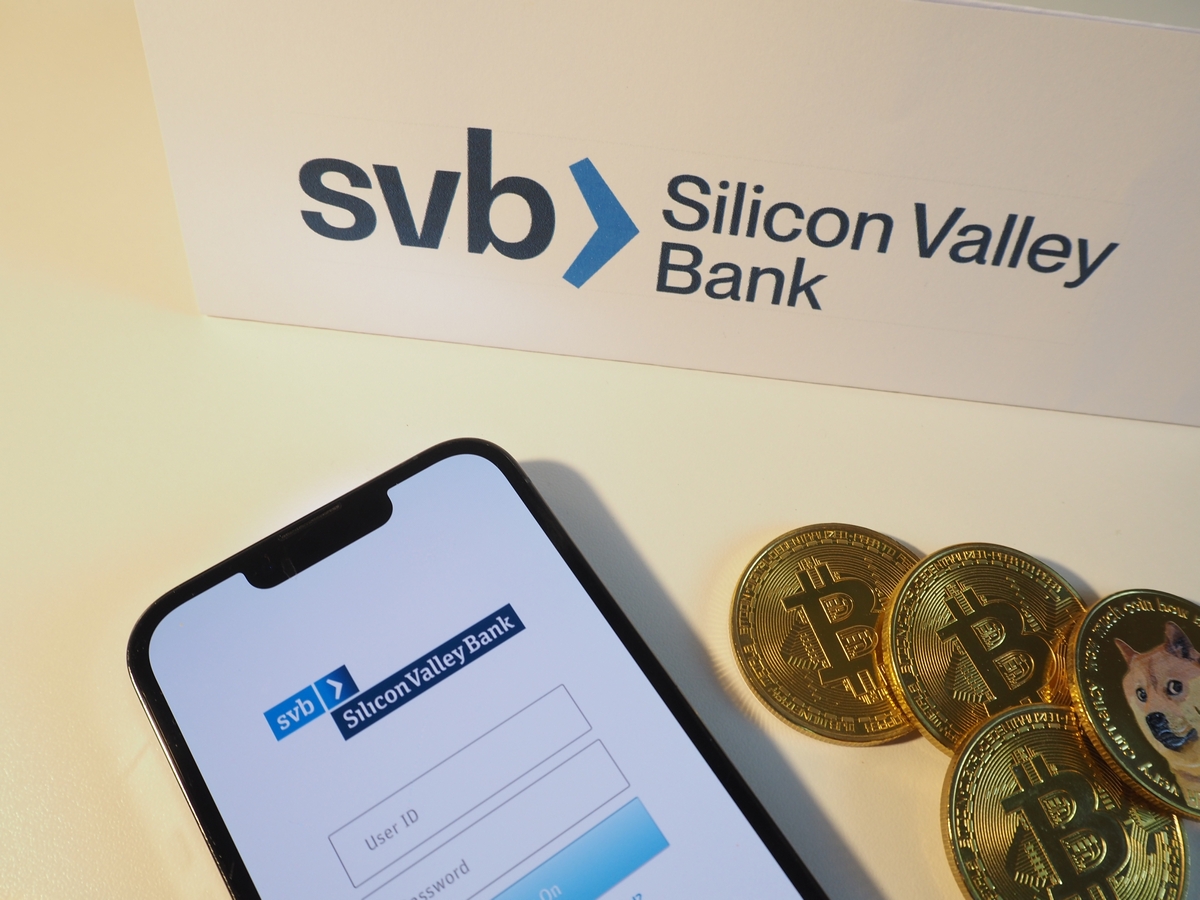Regulators prevented a cash crunch—but venture capital has not emerged unscathed

Silicon valley is a tough place to be a banker. Startup bosses call with references but no revenue. Loans can seldom be secured against physical assets. Many clients fail. Silicon Valley Bank (SVB) netted nearly half of America’s venture-backed technology and life-science firms as clients by providing what a venture capitalist calls the “the white-glove, red-carpet treatment”. This was not just about the lunches and events put on by the bank: svb established itself as a reliable cog in Silicon Valley’s dream machine. In the Financial Times, Michael Moritz of Sequoia Capital, a grand venture-capital outfit, lamented the loss as akin to a “death in the family”.
Thanks to regulators, SVB’s demise has not meant a Silicon Valley cash crunch. Tech workers need only worry about their jobs as much as they did before last week. For some, relief at a bullet dodged has turned into anger at the firms quickest to pull deposits, helping to bring down their beloved bank. The next stage of grief ought to be sober risk management. According to the venture capitalist, the chance to replace SVB as banker to Silicon Valley is a “tremendous opportunity”. There will be no shortage of institutions with eyes on the $300bn of venture-capital dry powder waiting to be ploughed into startups. But SVB’s collapse will scale back Silicon Valley’s ambitions in other ways.
There will be no shortage of institutions with eyes on the $300bn of venture-capital dry powder waiting to be ploughed into startups. But SVB’s collapse will scale back Silicon Valley’s ambitions in other ways
Exactly where the dust and deposits settle is uncertain. Reports suggest regulators are attempting another auction of SVB, having been unable to find a buyer at the weekend. Banks and private-equity funds are circling. Startups are finding new homes for their cash. In the chaos of last week, companies with accounts elsewhere transferred their funds. Others tripped on red tape as they frantically opened new ones. Some even wired money to personal accounts. Fintechs had a busy weekend, too. Brex, one such firm, opened 3,000 new accounts. Yet relationships between fintechs and regional banks, which have suffered in the wake of SVB’s collapse, may scare off potential long-term clients.
The big banks are likely to be the main custodians of Silicon Valley’s cash in future. Bank of America, Citigroup and JPMorgan Chase can scarcely open accounts fast enough. Once there, startups can expect a safer, if less intimate, service. Call it the grey-carpet treatment. On March 13th svb’s British operations were acquired for £1 ($1.22) by HSBC, a multinational behemoth. The new business will account for less than 1% of loans, deposits and profits at the firm. Whether the largest banks reassess the way they bank the smallest tech firms remains to be seen, but such firms will never be their core concern.
Another question is what will happen to the venture debt market. SVB was a major player, with $6.7bn of such loans outstanding when it went under. Startups used this low-cost lending to top up balance-sheets between equity funding rounds. Most now expect such loans to become more expensive, especially for the youngest firms. Venture-capital outfits are unlikely to lower themselves en masse to the comparatively small returns offered by this sort of lending. Other wheels on the venture-capital machine will need oiling, too. For example, SVB often provided bridge financing to venture-capital firms, allowing them to strike deals while awaiting cash from investors.
All this means that the loss of SVB is likely to have a chilling effect on an industry already suffering from higher interest rates. Bankers may have to wait some time to see venture capital’s dry powder hit their deposit accounts—after all, in the last quarter, the amount of money flowing into startups globally fell by two-thirds. Limits on financing and difficulties banking baby firms will make the industry’s adjustment to higher rates more painful still. After such an adjustment, trips to the bank will remind dealmakers of their own mortality. That is not necessarily a bad thing.